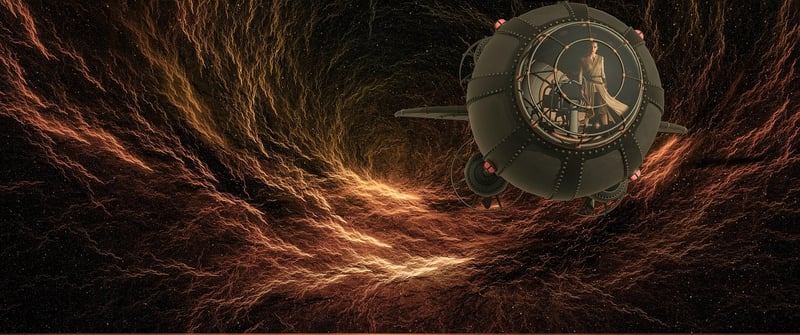Wormholes
The Science Behind Time Travel and Wormholes
Time travel and wormholes have been popular topics in science fiction for decades, but what does science have to say about these concepts? Let's delve into the fascinating world of theoretical physics to understand the possibilities and limitations of time travel and wormholes.
Time Travel
Time travel refers to the concept of moving between different points in time, similar to how we move between different points in space. While time travel to the future is theoretically possible and has been demonstrated through experiments involving high-speed travel and gravitational time dilation, traveling to the past remains a topic of debate among physicists.
One proposed method for traveling to the past is through the use of wormholes.
Wormholes
Wormholes, also known as Einstein-Rosen bridges, are hypothetical passages that create shortcuts through spacetime. These tunnels could connect two separate points in spacetime, allowing for faster-than-light travel and potentially enabling time travel.
While wormholes are mathematically possible according to Einstein's theory of general relativity, their stability and practicality for time travel are still uncertain. The existence of exotic matter with negative energy density would be required to keep a wormhole open and prevent it from collapsing.
Conclusion
Time travel and wormholes are intriguing concepts that push the boundaries of our understanding of the universe. While the science behind these phenomena is complex and theoretical, ongoing research in theoretical physics continues to explore the possibilities of time travel and the existence of wormholes.
For further reading on this topic, you can explore more about time travel and wormholes.


